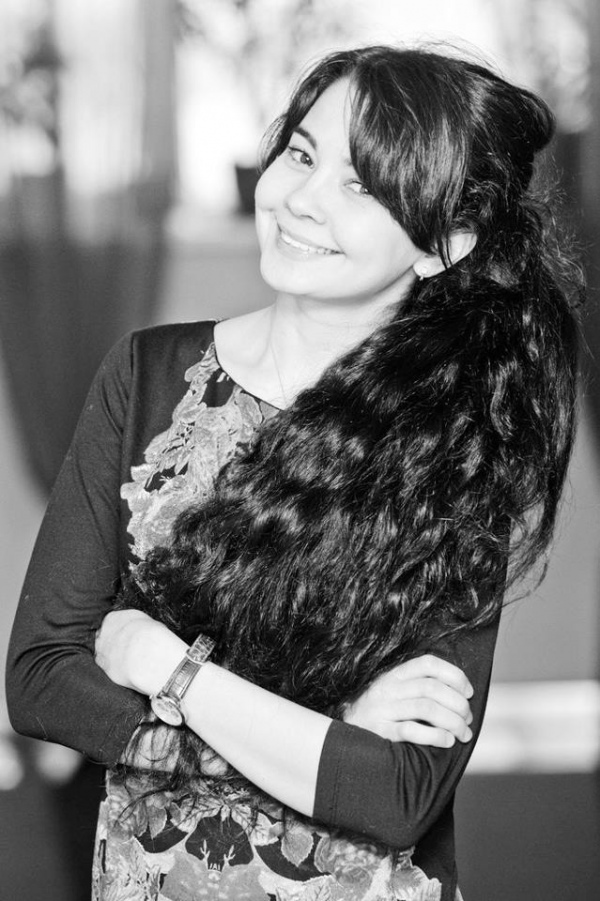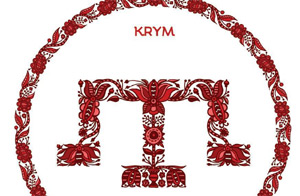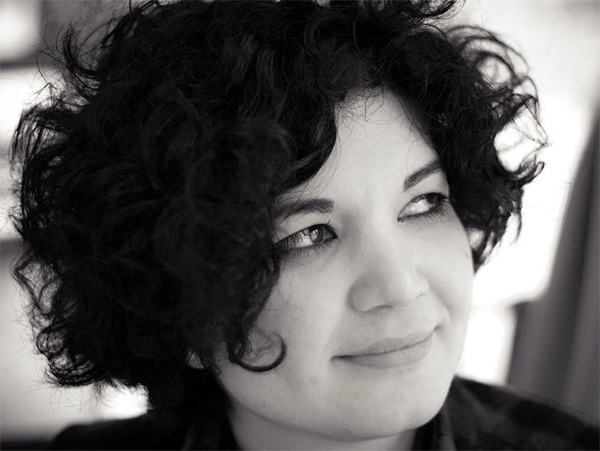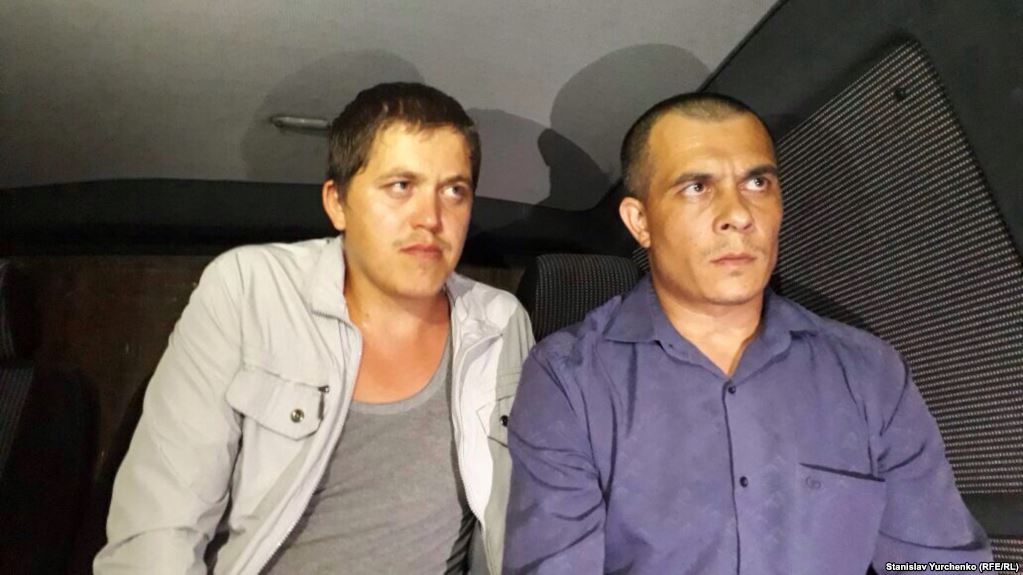When one hears “Crimea SOS,” one may think about the state the peninsula has been in after the Russian annex.
In reality, this is the name of a volunteer organization which is concerned with the needs of the people from Crimea.
Though the initiative is called Crimea SOS, it was created for the SOS part to disappear.
The idea emerged after the escalation of the situation in Crimea. It is symbolic that the founders of the initiative Crimea SOS were three Crimean-born citizens: Sevgil Musayeva (editor in chief of “Hubs”), Alim Aliyev (media consultant of the expert company pro.mova) and Tamila Tashayeva (PR direct of the band “TIK”).
At first the volunteers informed the population about the events on the peninsula, and soon they became a coordination center for migrants. There are 16 people on Crimea SOS’ team, the offices are located in Kyiv, Lviv and Kgarkiv. Besides, throughout the entire period of its existence since February 2014, about 150 volunteers aided the project:
“Everyone came to the project by a variety of ways. Some just wanted to help, and some immediately knew what kind of work and where they would like to do,”
says one of the founders of Crimea SOS Tamila Tashayeva.
At the initial stages of the project, up to 20-30 people daily petitioned with Crimea SOS for help.
The work is mainly done in three spheres: the legal aspect, information support and humanitarian aid. Pro bono legal consultations for the migrants are available through a special hotline. There is also a possibility to make an appointment with a layer or ask a question through the website itself.
The workers of Crimea SOS are trying to help with the legal aspect of the refugees’ accommodation as well, making petitions to register the refugees at the social policy department in oblast and city organizations.
To provide humanitarian aid and legal support the Crimea SOS initiative works in collaboration with the office of the UN High Commissioner on refugees, where they are executive partners at the moment.
The organization’s website has forms both for those who would like to ask for help and those who would want to provide it. Work is flexibly distributed among the participants of the initiative, but this does not exclude responsibility.
Besides the main aspects, there is also work to provide accommodation and employment for the migrants.
One of the website’s rubrics, Legal questions, is a sponsoring institution for the entry and exit of Crimean territory, citizenship, healthcare, economical activity. The emphasis is on these particular issues, as they are the most frequent ones to come from those who ask Crimea SOS for help.
The project’s name has little to do with the sphere of the project’s activities, says Tamila Tashayeva: “We have been taking care of not only Crimea migrants, but people from the East of Ukraine for a long time, regardless of the fact whether we call ourselves Crimea SOS or otherwise.”
One Country. A United Country.
In April 2014, a separate website, odnakraina.com, started working, an interactive portal where one can offer accommodation and ask for it or ask for transportation:
“My country” was created as a couch-surfing resource. Anyone who travels around the world may stay in another city, they have the opportunity because another partial person can provide shelter. The project was created in a similar fashion. We know that there are many people in Ukraine we could help, and many people who require this kind of help,” explains Tamila Tashayeva.
As of July 14, 2014:
Free accommodation: 1135
Occupied: 410
In line: 422
Moved: 535
Petitions for transport: 10
Such a big difference between the number of free living spaces and move-ins is explained by the fact that the people want to go to big cities, where they are able to find work, and a big number of the offers are towns and villages.
One can read personal stories of people from Crimea on the “One Country” website.
One of the eight stories is a freelancer’s story, who survived financial difficulties, the impossibility of receiving her earned money because of the card blockage and the “right to choose”:
“At first the tightened the financial noose around my neck. Then they took away me dream. But most importantly – they took away my freedom. The freedom to chose and live the way I want. Be where I want. Think what I want. This is more than just working without a boss and on my own schedule. However nobody needs freedom that much. There are always fewer free mustangs than stupid sheep.”
Crimea SOS coordinators claim work would be more efficient under conditions that some aspects of organization and coordination of humanitarian aid change:
“One of the biggest problems is collaboration with the government. At the moment there is no single body which could be addressed with all the issues, including the transfer of funds to the ATO zone and communication with the people. Besides, there is no general registry of internal migration, the availability of which would make our job easier. The issue of accommodation is also very complex, as the majority of people want to go to central regions, to big cities, and therefore we don't have anywhere to place these people.”

Crimea SOS puts their future plans simply:
“We would really want to be out of work. As such, we understand that in the next half a year the issue of migration will not be solved. People are leaving Eastern Ukraine and they will not return as quickly, as they have done it for various reasons. Besides, in the fall we are expecting a new wave of migration from Crimea.”
Source: Pravda
Translated by Mariya Shcherbinina







